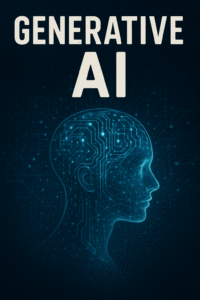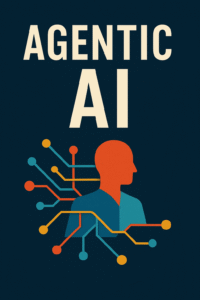Introduction:
In the realm of education, data analytics is transforming the way institutions operate. Student data, ranging from academic performance to attendance records, provides a wealth of information that can shape educational practices. However, simply amassing data is not enough. Without proper context, it remains noise, rendering it ineffective in driving meaningful change. This is where contextual AI emerges as a powerful tool, enabling educational institutions to derive valuable insights and make informed decisions. In this article, we will explore the significance of contextual AI in student data analytics and its potential to revolutionize education.
The Importance of Context:
Context is the key to unlocking the true value of student data. It adds depth and relevance, allowing educators to understand the underlying factors that influence student outcomes. By considering variables such as socioeconomic background, learning styles, extracurricular activities, and even geographical factors, institutions can gain a comprehensive view of each student’s unique situation. Contextual understanding helps identify patterns, correlations, and potential interventions that may significantly impact student success.
The Power of Contextual AI:
Contextual AI combines the power of artificial intelligence with contextual understanding, transforming raw data into actionable insights. Machine learning algorithms analyze vast amounts of data, accounting for various contextual elements, and provide educators with meaningful information. For example, by examining student performance in the context of their socioeconomic background, educators can identify achievement gaps and implement targeted interventions to support at-risk students. Moreover, contextual AI allows for personalized learning experiences, as it tailors educational approaches to the specific needs of individual students.
Benefits of Contextual AI in Student Data Analytics:
- Personalized Education: Contextual AI enables personalized learning experiences by considering individual students’ unique backgrounds, preferences, and learning styles. Educators can customize curriculum, teaching methods, and support strategies, resulting in improved engagement and academic outcomes.
- Early Intervention: By analyzing student data within its relevant context, institutions can identify early warning signs of potential issues. Contextual AI helps educators recognize factors contributing to academic struggles, allowing for timely interventions and targeted support to prevent students from falling behind.
- Efficient Resource Allocation: Contextual AI provides insights that inform resource allocation decisions. By understanding contextual factors such as class sizes, student demographics, and resource availability, institutions can allocate resources effectively, maximizing their impact on student outcomes.
- Evidence-Based Decision Making: Contextual AI empowers educators and administrators to make evidence-based decisions. By analyzing student data within its context, institutions can identify effective teaching practices, evaluate program effectiveness, and drive continuous improvement.
Contextual AI has the potential to revolutionize student data analytics in education. By leveraging the power of artificial intelligence and considering contextual elements, educational institutions can unveil meaningful insights and make informed decisions. Through personalized education, early intervention, efficient resource allocation, and evidence-based decision making, institutions can enhance student outcomes and foster a supportive learning environment. As the role of data analytics in education continues to grow, embracing contextual AI will be instrumental in unlocking the full potential of student data and ensuring that every learner receives the support they need to succeed.
Source : Prompts@ChatGPT.ai










